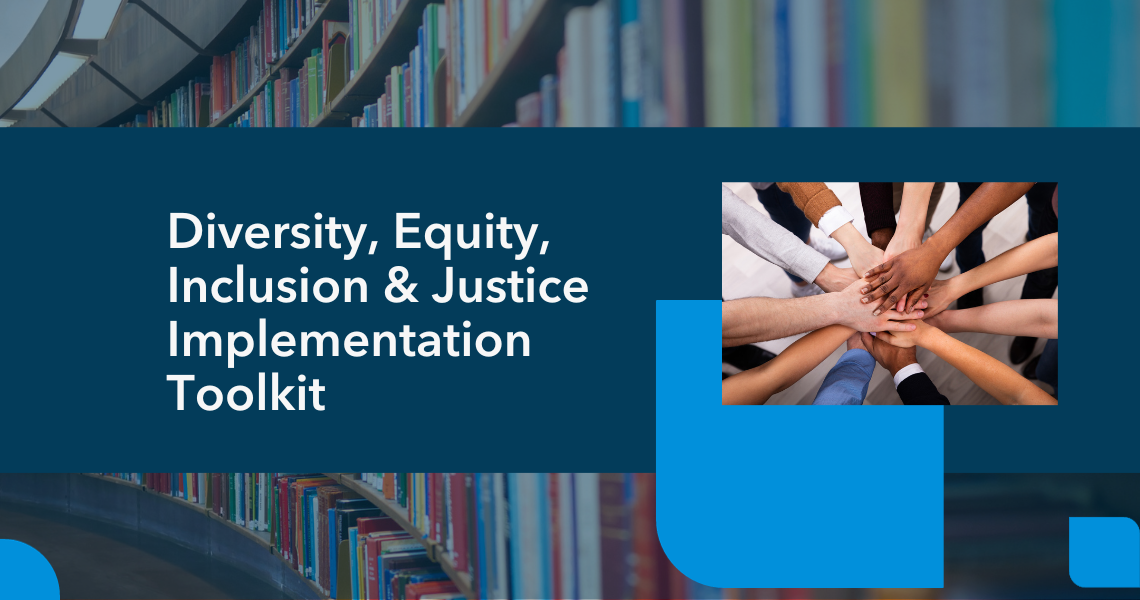The George Washington University (GW) Cancer Center’s Diversity, Equity, Inclusion, and Justice (DEIJ) Implementation Toolkit was designed to help multidisciplinary cancer care teams identify key organizational priorities for DEIJ and initiate organizational change.
This toolkit is based on a pilot training series in which the GW Cancer Center, The Medstar Health Research Institute and Washington Cancer Institute, and Howard University Cancer Center collaborated in assembling three task forces comprised of clinicians, community health workers, clinical research coordinators, nurse managers, and physicians from multiple cancer care institutions located in Washington, DC to support their DEIJ efforts.
Each session outlines its learning objectives and priorities, and provides learning materials including worksheets, slide decks, and presentation recordings.
By this point, your action plan should be created based on the organizational priorities you have identified in preceding sessions. The following sessions are intended to support action plans, generate opportunities for further consideration, and continue to develop institutional change from a variety of levels, including within your own teams and institutional backdrops.
For additional information, fact sheets, and continuing learning, please refer to below:
This work was supported by cooperative agreement U01DP006639 from the Centers for Disease Control and Prevention (CDC). The work does not necessarily reflect the views of the CDC.

